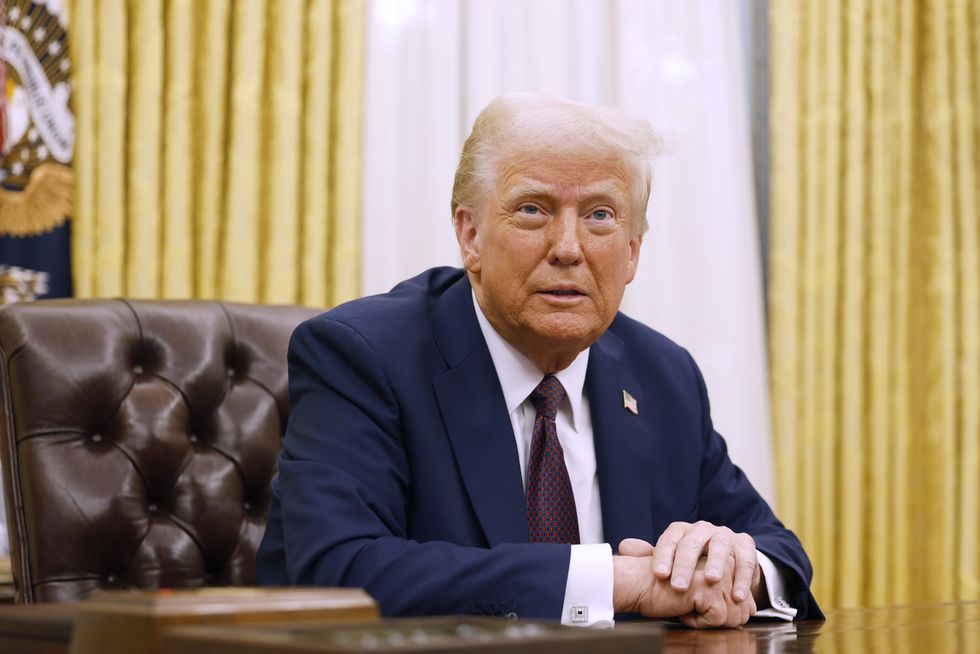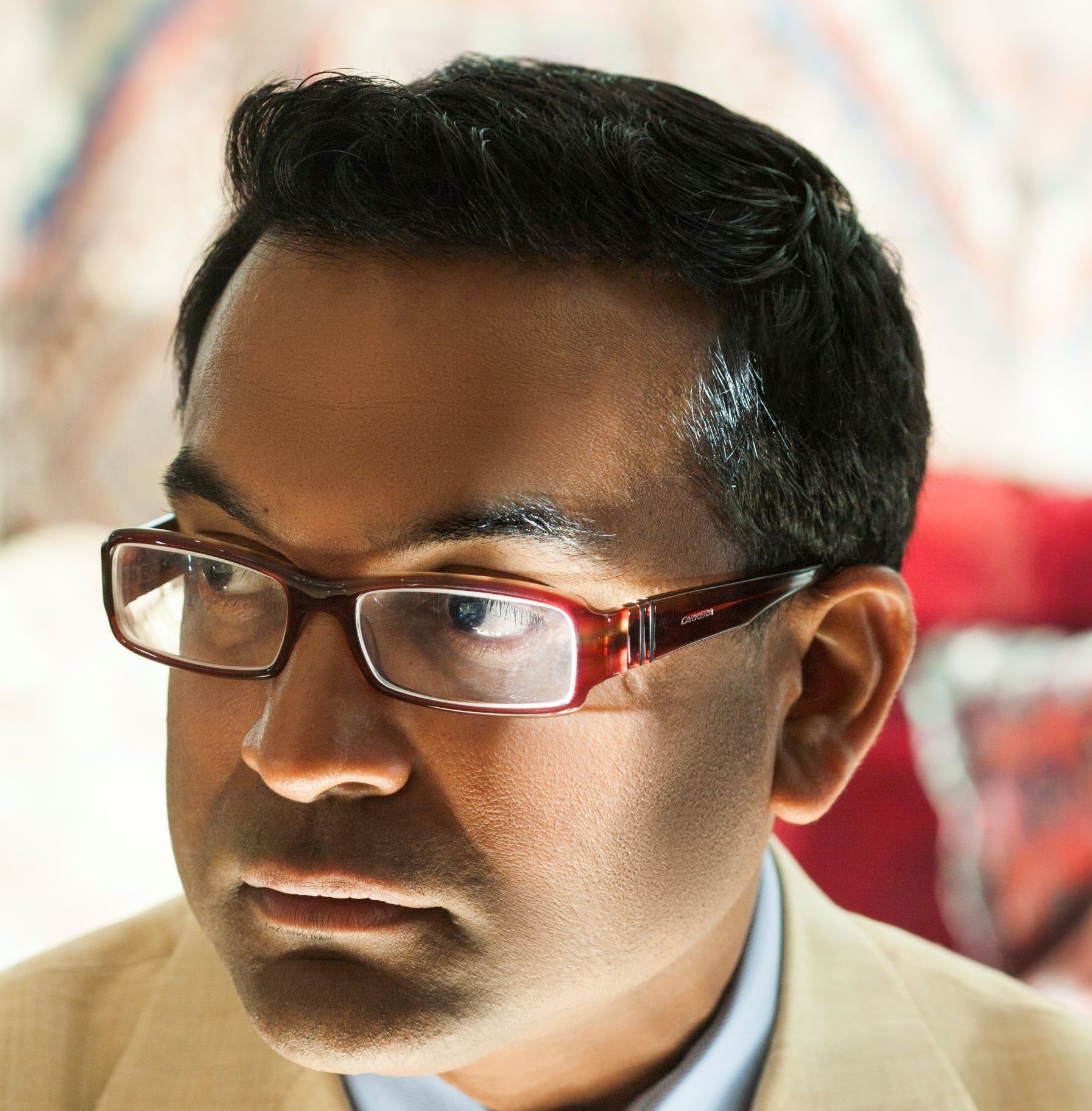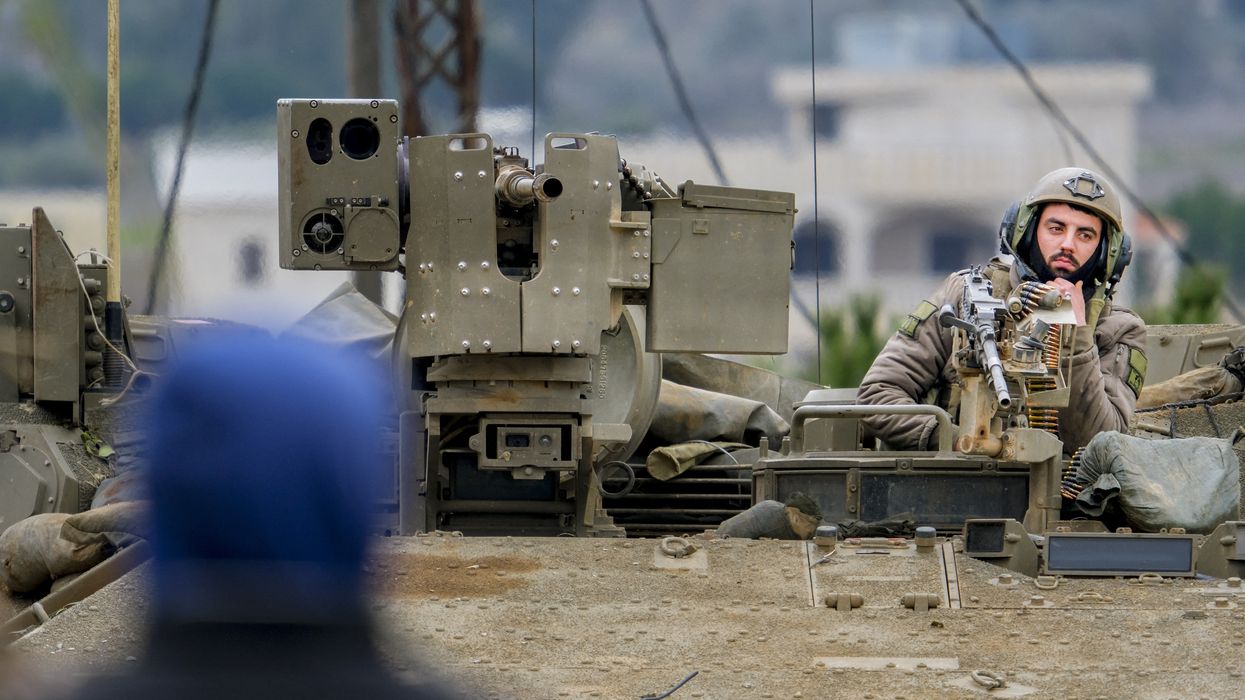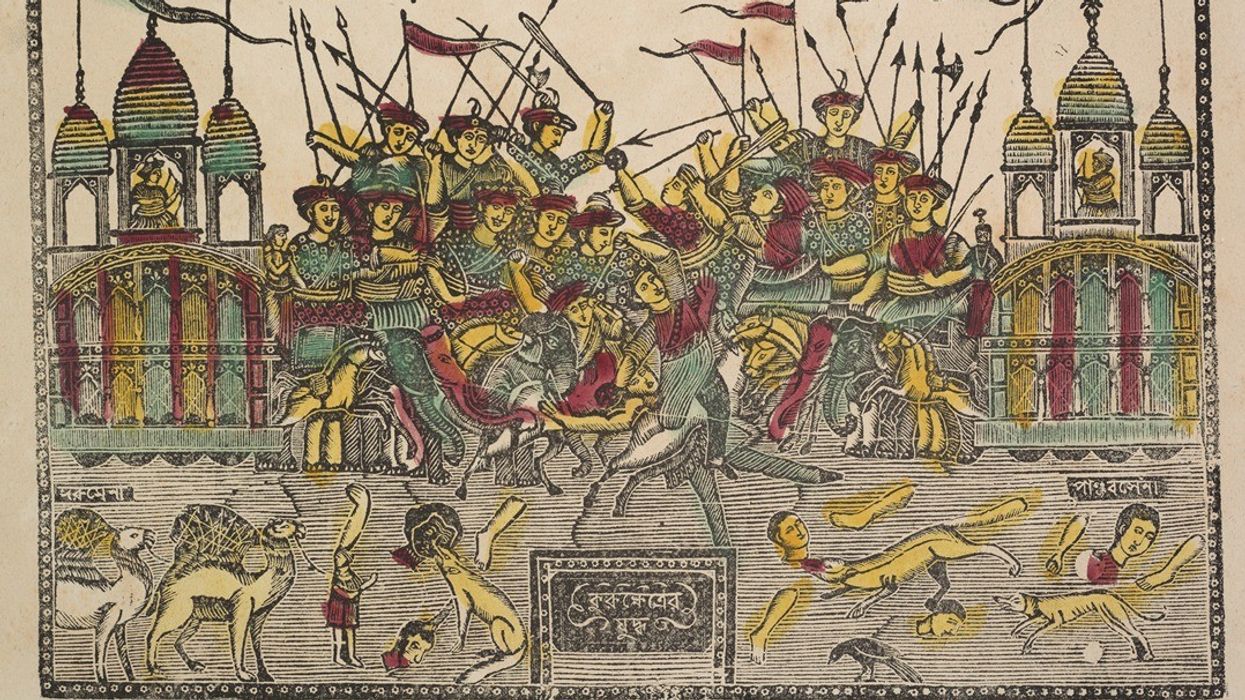CAN the ceasefire endure for any significant length of time? This would go some way to ameliorating the incredible suffering in the region, but does it all hinge on one man, more than the future of the region has ever depended in its entire history?
Ceasefires can’t hold if no progress is made in addressing the underlying issues that led to the conflict in the first place.
This, very unfortunately, appears to be the case in this Middle East conflict.
Given the hugely positive response from the world to the ceasefire, what could possibly go wrong?
Surely, everyone wants it to work?
But what actually led to the cessation of hostilities in the first place?
Logically, it follows, something must have changed, given how long the atrocities had been going on for? If that something was not something in the public domain, it was something behind the scenes, perhaps even a secret that the actors involved don’t want ever emerging.
One key thing that definitely changed was the recent election of Donald Trump as US president, and the ending of the presidency of Joe Biden. Biden had also put an atbest fragile appearance of being even-handed and pressing for peace. This was despite the United States continuing to supply the weapons that were being used by the Israeli Defence Force, to kill so many largely defenceless and innocent men, women and children.
For many watching the horror played out daily on our TV screens, it was frankly bizarre to see Biden repeatedly complain that too many civilians were being killed, yet to do little to nothing to stop supplying the very weapons that were inflicting the carnage.

Indeed, one of the reasons the Democrats may have lost the election was the desertion of the vote sympathetic to the Palestinian plight. Opinion polls across the world show support for the Palestinians by the ‘man on the street’, while ruling classes, in contrast, seem to support Israel.
The role of the United States is crucial to understanding this Middle East conflict. It is not clear whether the average North American voter really cares that much about an issue so removed geographically from their shores. Yet, the perception around the rest of the world is that the Israeli/Jewish lobby appears to have hijacked the US economy to serve a small state thousands of miles away.
But, given the decisive role of US supplied military and financial assistance to Israel, then the American president has always had the power to bring Israel to the negotiating table and introduce a ceasefire. The fact they have not used that power, is because, it would appear to the rest of the world, that they have tacitly supported the expressed aim of Israel to kill a lot of Palestinians. This goal is a step along the way to prevent a two-state solution and indeed to drive the Palestinians from their ancestral land.
Given Israeli leader Benjamin Netanyahu’s explicit opposition to a two-state solution and his view of the whole area as part of Israel, it follows there must be a policy of ethnic cleansing.
A ceasefire clearly doesn’t serve that purpose. Also, it doesn’t make logical sense to agree to a ceasefire if you believe you can win and are indeed winning the war. This is what the Israelis believe.
So, if a ceasefire makes no sense from their perspective, why did they agree to it?
The answer surely has something to do with the one thing that has changed, and that is Trump’s election to the Oval Office.
Given the new US president is no friend of the Palestinians, they why did he apply pressure behind the scenes to produce a ceasefire?
The answer has to be that covertly he has, in exchange for a ceasefire, which made him look statesman like at his inauguration, and much more effective than his adversary, who he has nothing but disdain for, Biden, therefore, he must have made sweeping and unprecedented promises to the Israelis. In exchange for these, they agreed to go through the theatre of a temporary ceasefire.
We are seeing some of those promises. He has agreed to restart the supply to Israel of weapons which even Biden blocked, because they were too powerful. He has ended sanctions against settlers on the West Bank who had exercised lethal force against Palestinians.
All of these, from a Palestinian perspective, were ominous developments from the get-go.
Now Trump has made off-the-cuff remarks about expelling all of the Palestinians from Gaza and relocating them in Jordan or Egypt. Both countries have rejected this bizarre proposal.

Basically, given Trump has been such a significant and powerful influence, he was able to produce a ceasefire agreement in just weeks, which eluded the capability of Biden for a year, this means the future of the ceasefire and the region, depends on whatever is motivating Trump. He has clearly promised the Israelis massive support for their apparently ruthless anti-Palestinian policy in the future in exchange for temporary respite that made Trump look good and that also got hostages back.
No ceasefire can endure when the underlying issues remain unresolved. Also, it cannot pertain as long as the Israelis remain convinced that they have a chance of ultimate victory. To believe that, they have to also be convinced in the unwavering support from the US, no matter what atrocity they commit. It would appear that behind-the-scenes Trump has given them those assurances.
Any president in their final term of office begins to become obsessed with their legacy. Trump would like to be seen to be the world leader who finally resolved several planetary problems. He has a messianic view of himself as chosen by god to perform miracles. He is primarily selfserving and also suffers from a prickly sensitivity to the idea of not being popular.
He is also capricious, so the Israelis may be cautious about taking his support for granted.
Trump also exhibits the psychology of the bully. He will take Greenland and the Panama Canal, because these are small countries who have little chance of standing up the might of the US.
Trump may indeed take the same view of Israel, which is in reality, a similarly small country. Biden put up with being bullied by Netanyahu, but will Trump?
Trump falls out with everyone sooner or later, even apparently close friends. Given his complex psychology it is possible he may be the first US president to fall out publicly and fundamentally with Israel.
This may be the only hope for the Palestinian people.

Dr Raj Persaud is a consultant psychiatrist, broadcaster and author of books about psychiatry




Anurag Bajpayee's Gradiant: The water company tackling a global crisis